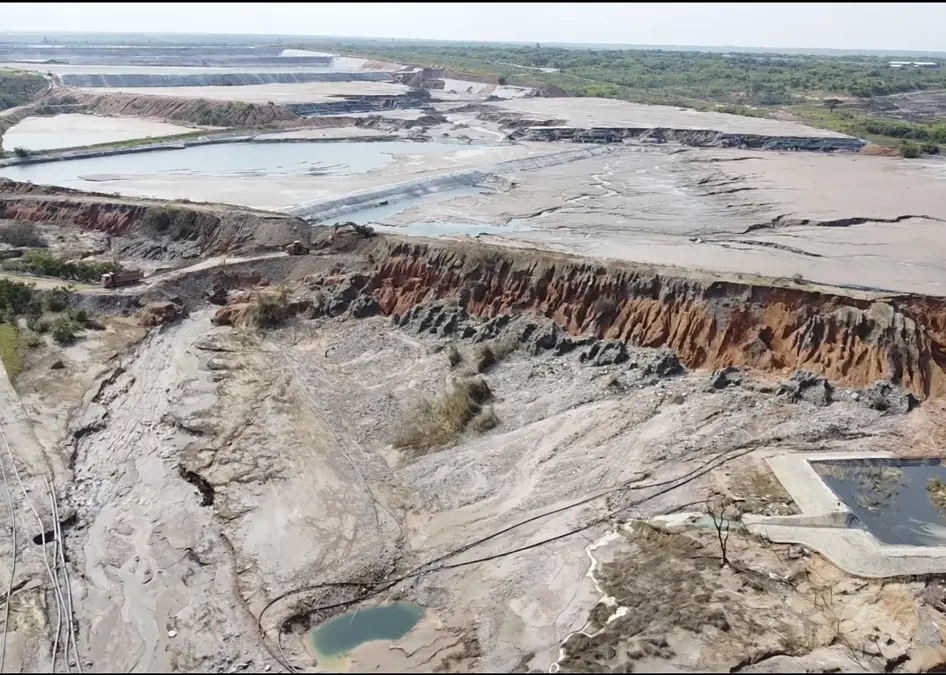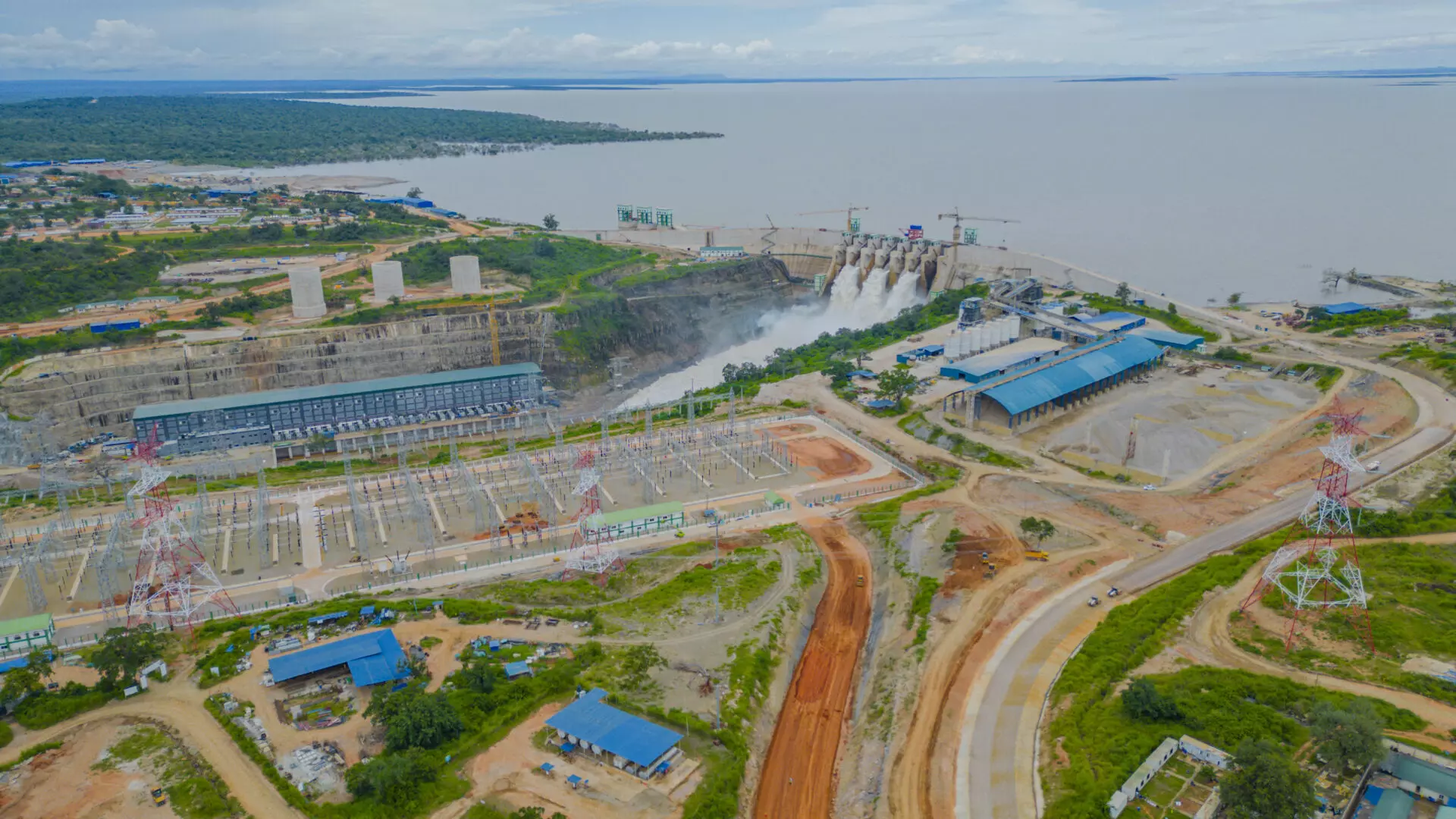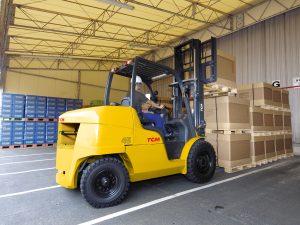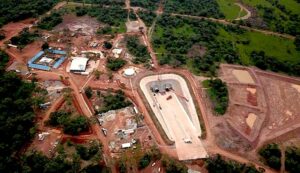Responsible mining demands multidisciplinary teams
As the mining sector gathers again for the 2023 African Mining Indaba, there is likely to be both excitement and apprehension in the air.
Global trends toward decarbonisation are raising demand expectations for battery minerals, and geopolitical tensions suggest that Africa may become more of a focus for sourcing these critical commodities. At the same time, the changing landscape of regulations, best practice and public perception makes for a complex environment to navigate.
“Investors in Africa will want to harness the potential of commodity demand,” Andrew van Zyl, managing director of SRK Consulting (SA), “but there are growing expectations from host countries and end-customers alike on how mining is conducted and benefits are shared.”
Integration
The mining industry’s journey is increasingly demanding the integration of disciplines in planning, operating and closing mines, emphasised Van Zyl. Project teams need to be pursuing their engineering solutions with early stage input on pressing issues like environmental, social and governance (ESG) risks, water stewardship, climate action and energy efficiency.
“Mining companies must not only pay more attention to mitigating their own impacts by decarbonising their operations, but must also be adapting to the inevitable effects of climate change,” he said. Early gains in decarbonisation include the move by many South African mines toward developing their own solar or wind generating capacity. Alternatively, they are partnering with energy providers, or even broadening their corporate mandates to acquire businesses specialised in renewable energy.
The replacement of on-mine technologies that run on fossil fuels, however, could take longer. This was in part due to the complex supply chain alterations that would be demanded by new technology – from battery electric vehicles to hydrogen powered trucks. An acceptable level of confidence is required in any innovation, as this would affect the cost and rate at which the ore can be extracted – and therefore underpins the ore reserve declaration.
Water stewardship
Management of water is also posing several growing risks for the stability of mining, not just in water-scarce countries. Sufficient supply of water is just one aspect of a broader challenge, said Peter Shepherd, partner and principal hydrologist at SRK Consulting. Some mining areas will certainly become more drought-prone due to climate change, and there is a general trend to use less water and recycle as much as possible.
“It should be remembered, though, that mines are part of a natural and social ecosystem, where they will increasingly compete with other users who share their water catchment,” said Shepherd. “Engagement and collaboration therefore become as important as good engineering to the future sustainability of a mining operation.”
This has led to the gradual embrace by the mining sector of water stewardship principles, which emphasise that mines need to look beyond their on-site water management strategies to a consideration of all stakeholders in the respective catchment area.
Human rights
Similarly, ESG concerns have broadened to include the impact of mining and other industrial projects on human rights – with financial institutions requiring more detailed from borrowers regarding their impacts in this respect.
“Many segments of society have become increasingly mobilised around human rights, labour practice and anti-corruption measures,” said Dr Vidette Bester, senior social scientist at SRK Consulting. “This has raised the potential for stakeholder concerns to boil over into the serious disruption and delays, and even collapse of projects.”
Tailings management
This greater social involvement has also been witnessed in the field of tailings management, especially following recent fatal tailings dam failures. Bruce Engelsman, principal engineer at SRK Consulting, highlighted that responsible tailings management is really all about people – particularly the protection of vulnerable communities.
“As the Global Industry Standards on Tailings Management (GISTM) have further raised the bar for mine safety, the mining sector is working hard towards GISTM compliance,” said Engelsman. “The GISTM emphasises the integration of disciplines, such as specialised tailings, water and civil engineers, as well as practitioners in fields such as geochemistry and environmental and social impact assessment.”
He noted that the highly technical nature of tailings management makes it a good example of how SRK harnesses diverse talents into its teams – for soil mechanics and water management to ESG and legal liability.
Exploration tools
As part of its innovation strategies, SRK Consulting’s sister company SRK Exploration Services (SRK ES) has also developed a new tool to assist companies in valuing, managing and forecasting their exploration. According to John Paul Hunt, principal exploration geologist at SRK ES, explained the significance of M-VAP – or Management & Valuation through Absolute Prospectivity.
“M-VAP replaces traditional relative prospectivity with a quantified absolute prospectivity that estimates the probabilities of making a discovery of deposits of different magnitude within an area of interest,” said Hunt. “These probabilities can then be used within a decision tree model to assess if the estimated future value of potential discoveries warrants exploration activity.”
Share this content:














